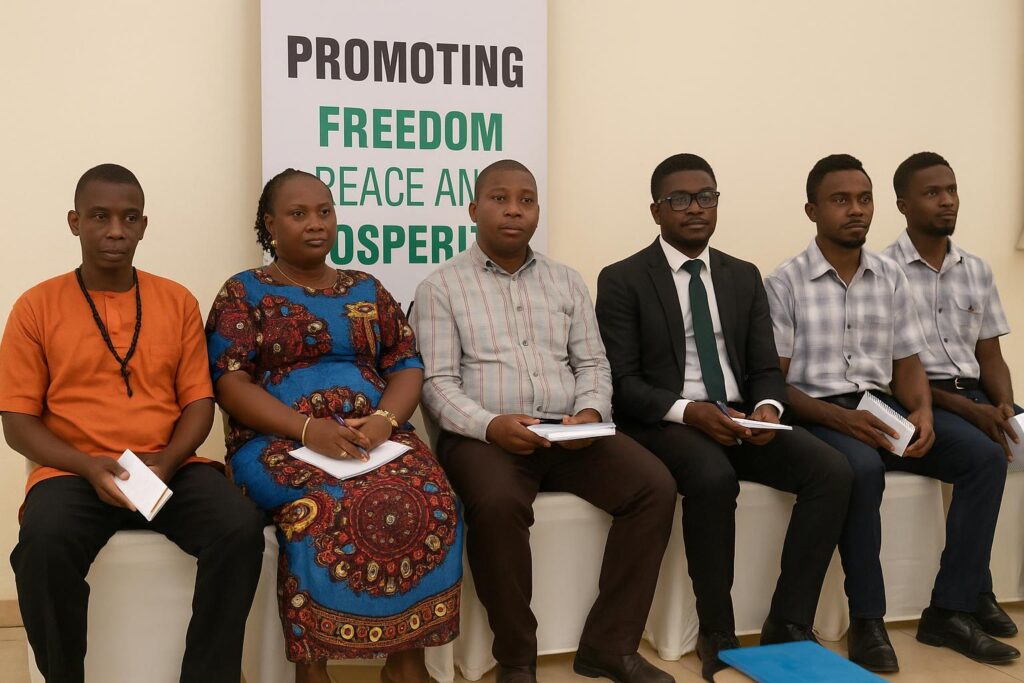South Sudan inheritance crisis
A fresh OLENT survey released in Yambio finds 92 percent of citizens leave no written will, thrusting countless households into unpredictable legal battles once a breadwinner passes away.
Researchers warn that property loss, exploitation and sudden impoverishment often follow, especially in rural communities where customary practices collide with modern banking rules.
Documentation gap harms widows
Nine in ten respondents lacking wills also hold no formal ownership papers, making land titles, bank accounts and livestock difficult to claim. “Our goal is to pass this information to communities and reduce disputes,” lawyer Samuel Agustin told participants at the policy dialogue.
Banks and awareness challenges
The study says 95 percent of banks fail to alert families about dormant accounts or next-of-kin procedures. Meanwhile 87 percent of citizens admit ignorance of inheritance rights, despite nearly half having completed secondary school.
Civil society pushes reform
OLENT Executive Director David Benjamin calls the findings “a troubling picture of legal and financial limbo” and urges the Ministry of Justice to draft a national inheritance law, strengthen documentation guidelines and fund civic education campaigns.
Visiting Ghanaian analyst Stephen Dansu praised the report as “a crucial step toward empowering South Sudanese families to secure their future,” noting that clear statutes could curb property feuds and foster trust in formal institutions.


